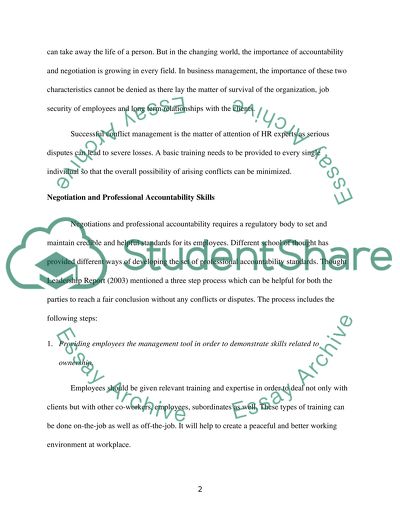Cite this document
(“Negotiations and professional accountability skills Assignment”, n.d.)
Retrieved from https://studentshare.org/sociology/1393345-social-worker-interview
Retrieved from https://studentshare.org/sociology/1393345-social-worker-interview
(Negotiations and Professional Accountability Skills Assignment)
https://studentshare.org/sociology/1393345-social-worker-interview.
https://studentshare.org/sociology/1393345-social-worker-interview.
“Negotiations and Professional Accountability Skills Assignment”, n.d. https://studentshare.org/sociology/1393345-social-worker-interview.


